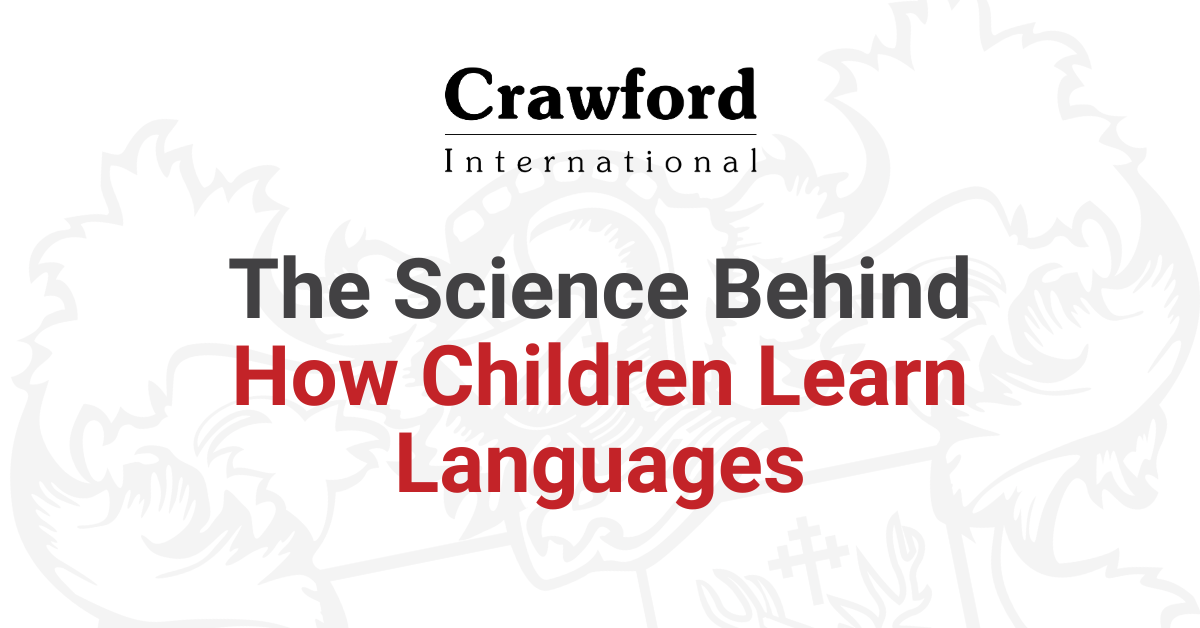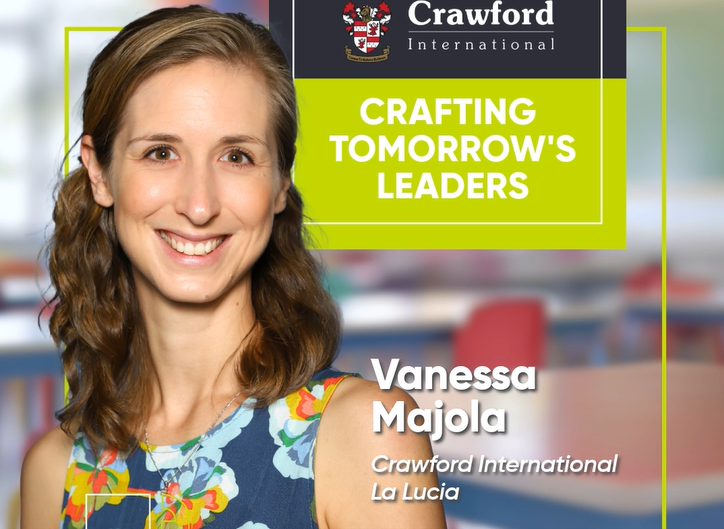Why you should travel as a family
Karabo Molokomme • June 22, 2023
Why you should travel as a family

Your family holidays have so many benefits, here are some of them.
Think back to some of your favourite life memories and chances are that a holiday features in at least one. Because as communal beings, travel is important to human beings. We love to experience new things, build connections with others, and learn about different places and cultures simply because we are curious creatures – we always have been.
Plus, studies have shown that another benefit of travelling is that it improves mental health. And even though it sometimes feels like a lot of planning and packing, travelling with your family has some great benefits – not only for you, but for your children too:
1. Strengthen family bonds
Studies have shown that people who have travelled with their families return with improved family relationships. And when you think about it, this makes a lot of sense. Because when you travel with family you leave the routines and stresses of everyday life behind. You have only your family unit and the wide world ahead – no work calls, or homework, or extra murals. Only each other, and the time and capacity to focus on each other.
2. See similarities instead of differences
Part of the fun in going on holiday is getting to spend some time in a different place. Even if you go away to somewhere close to home, you are out of the familiar. You get to see and do things you wouldn’t normally do in your usual routine. You also get to meet people. One of the benefits of travelling as a child is that you get to understand the world in different ways. Often, rather than seeing the differences in these new things, children tend to see the similarities between themselves and the cultures, foods, and ways of life they come across on your family travels. This is a wonderful way to encourage that acceptance of differences that is so common in childhood to continue into adulthood.
3. Learn through new experiences
While you and your family are immersing yourselves in these new experiences on your travels, you and your children inevitably pick up some real-world learning. Kids really learn best by doing, so all those cultures, foods, and way of life we mentioned earlier are giving them first-hand, multi-sensory knowledge that you just can’t get from reading books and looking at pictures. Even seemingly simple activities like swimming in the ocean, going on a hike, and driving past farms on the journey offer learning experiences.
4. Pick up new skills
There are also a lot of soft skills that can be picked up while travelling with the family, things like patience, adaptability, problem-solving, self-confidence, communication. Because there will inevitably be a few snafus when it comes to travel – whether it’s a delayed flight, getting lost, a road closure, or even just plain bad weather. Overcoming challenges together give you and your children the opportunity to flex some of these skills in real-world situations, which is invaluable.
5. Time to be in the present
Even childhood if filled with routine, expectations, rules, and frustrations. When you go on holiday as a family, you’re all given a chance to really unwind. This also means that rather than competing with so many distractions, your brain – and that of your child – can focus only on one thing, and that is the present. What a way to experience mindfulness.












